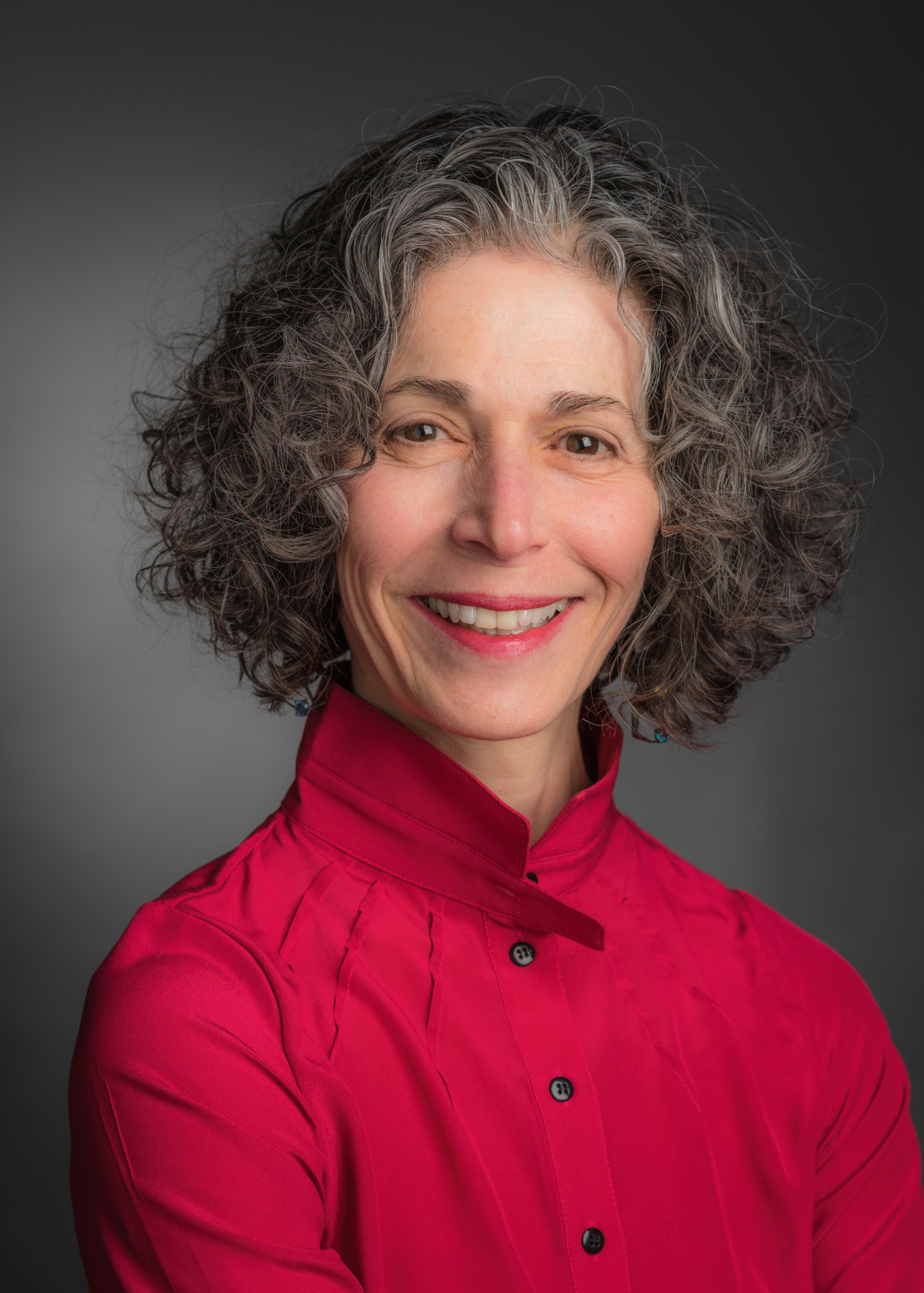
Eva C. Guinan, Professor of Radiation Oncology at Harvard Medical School, is a pediatric hematologist oncologist who for many years was the Director of the Pediatric Stem Cell Transplant program and also served as an Attending Physician on the adult transplant service. She currently sees patients in the Long-Term Survivor clinic at DFCI. Her clinical translational studies and her laboratory work have focused on adaptive and innate immunity in several translational settings including hematopoietic transplantation and radiation mitigation. With collaborators at Mass General Hospital, her laboratory work and clinical trials currently focus on the use of T regulatory cells in solid organ transplantion. Over the past 10 years, as a co-Director of the Laboratory for Innovation Science at Harvard (LISH, founded by Professor Karim Lakhan at Harvard Business School), she and a highly cross-disciplinary group of collaborators have applied novel and innovative approaches to investigate questions related to the organization and conduct of translational research. These prospective experiments have included investigation of incentives, team formation, program management, peer evaluation processes and use of crowdsourcing to involve new participants and external communities. Multiple of these have led to peer-reviewed publications in both the natural/biomedical science, social science and economics literature. This interest in the question of dissecting and improving how biomedical practioners and institutions organize, conduct, evaluate and communicate their work led to her involvement in the original and subsequent funding and efforts of Harvard Catalyst (Harvard’s Clinical and Translational Science Center/CTSA) where she directs the programs studying translational innovation. Her extensive translational experience, ranging from bench, to Investigator Sponsored IND trials to Phase 1-3 clinical investigation, coupled with track record of creative investigation of management of innovation in the translational research area, has affirmed her belief that cross-disciplinarity, novel collaborations and creative attention to the structure and execution of medicine are all essential parts of improving our practice and impact.
